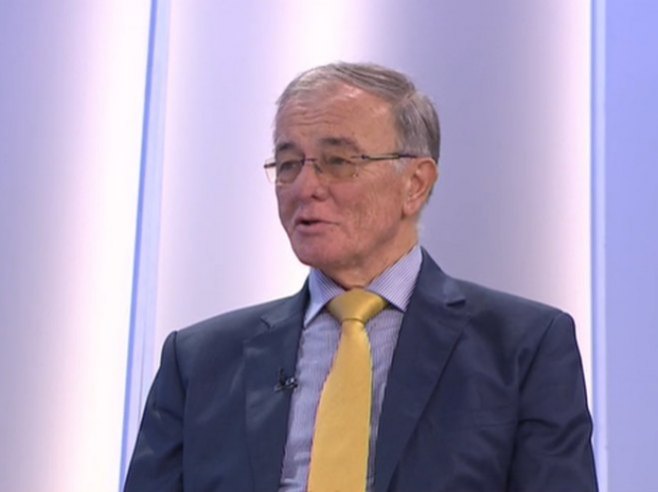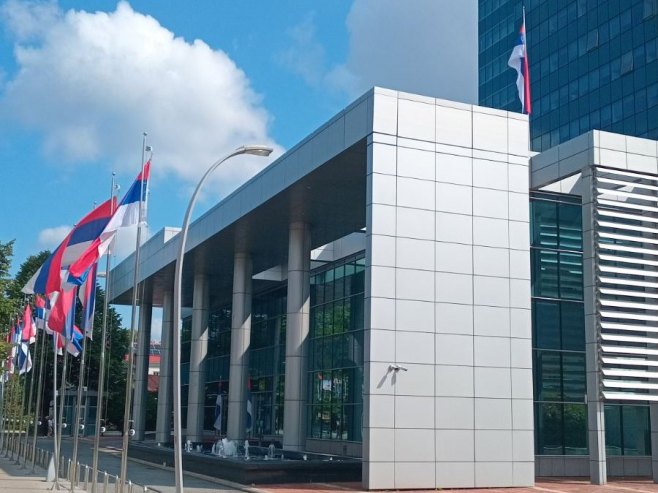University professor Radomir Lukić told RTRS that conditions have been created for the United States and Russia to reach consensus on a number of issues related to Bosnia and Herzegovina, and that today’s UN Security Council session could, for the first time, include open criticism of Christian Schmidt’s actions.
“The lifting of U.S. sanctions against individuals and entities from Republika Srpska is a step forward — the first sign of a clearer political atmosphere. Today, we may witness constructive cooperation between the U.S. and Russia regarding the situation in BiH. China has so far maintained a balanced approach. For the first time, we might hear words of criticism toward everything Schmidt has done. Every decision made by the National Assembly of Srpska since then has been a direct response to his unauthorized acts,” Lukić said.
He described the Report of Republika Srpska to the UN Security Council as balanced, emphasizing that Srpska consistently calls for strict adherence to the Dayton Peace Agreement.
“That agreement brought peace and established a structure in which decision-making power lies, on one hand, with the federal units, and on the other, with the constituent peoples of BiH. Those are its true values, and without them, the agreement would not have survived this long despite foreign interference,” Lukić added.
He noted that Bosnia and Herzegovina cannot function as a centralized state because its internal structure does not allow it.
“The national identities of the Serb and Croat peoples are too deeply rooted to be erased by any invention of a so-called ‘Bosnian nation’, while the Bosniaks still dream of Izetbegović’s Islamic republic,” he stressed.
According to Lukić, BiH will continue to function in its current form for a long time, but foreign interference and the substitution of the people’s will remain the main obstacles.
“If we were to remove the three foreign judges from the Constitutional Court and return the Office of the High Representative to its original Dayton role — as a body meant to assist, not to rule — we could rely on our own institutions and internal agreements. Progress would then depend on the willingness of the constituent peoples to reach consensus,” he said.
Lukić reiterated that there is no state-owned property in BiH, since ownership belongs to the entities, and that the ongoing crisis stems from attempts to impose the notion of state property.
“The foreign actors pushing for a centralized, unitary BiH must step aside. Once that happens, things will start moving in a better direction,” he stated.
He emphasized that Bosnia and Herzegovina should be governed by its own institutions, not by foreign ambassadors.
“In the past, the High Representative removed people from political life without the involvement of BiH’s institutions — he acted as judge, jury, and executioner. Now Schmidt is pretending that judicial power exists, but he forgets that he cannot also be a legislator,” Lukić noted.
The solution, Lukić concluded, lies in Schmidt’s departure and an internal agreement among the three constituent peoples.
Source: RTRS









